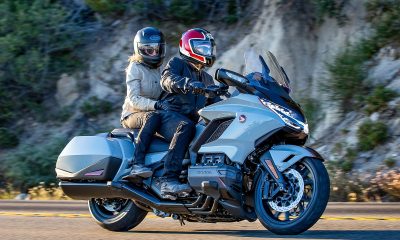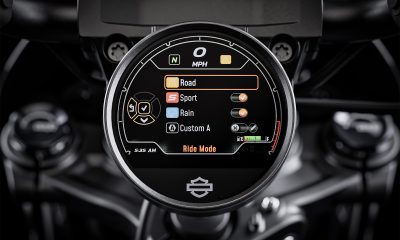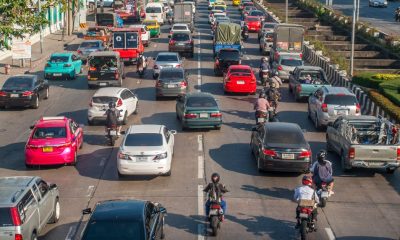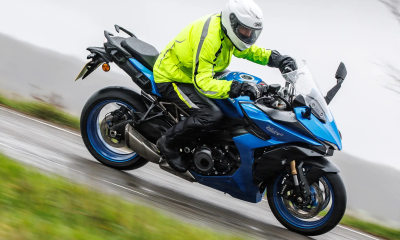The Malaysian Institute of Road Safety Research (MIROS) Announces New Safety Regulation Aims to Address Increasing Motorcycle-Related Accidents and Deaths.

Subscribe to our Telegram channel for instant updates!
New motorcycles with engine capacities of 150cc and above sold in Malaysia must be equipped with an Anti-lock Braking System (ABS) starting from January 1, 2025.
The Malaysian Institute of Road Safety Research (MIROS) announced this requirement following a two-year study by the Ministry of Transport aimed at curbing the rising number of motorcycle-related fatalities.
According to The Star report, MIROS chairman Dr. Wong Shaw Voon stated, “ABS can reduce motorcycle accidents and deaths by up to 30 percent. It helps to prevent skidding so that riders do not lose control of their motorcycles.”
When questioned about the possibility of retrofitting ABS to motorcycles purchased before the January 2025 deadline, Dr. Wong advised caution, noting that it depends on the motorcycle model and cautioned motorcycle owners not to install ABS if it cannot be done.
ABS technology uses sensors on both tyres to monitor wheel speed and prevent wheel lock, improving stability and control. Currently, ABS is only offered on larger capacity motorcycles (400cc and above) but is also available on some models in the 160cc to 250cc range.

The Malaysian Institute of Road Safety Research (MIROS) initiated a study that highlighted ABS as a crucial safety feature capable of reducing motorcycle accidents and fatalities by up to 30%.
The mandate comes amid alarming statistics from the Road Transport Department (JPJ), which estimates that one person dies every two hours in Malaysia due to motorcycle accidents. Fatalities increased from 6,080 in 2022 to 6,443 last year.
The rising number of motorcycle accidents, particularly among food delivery riders, has also become a significant concern. Malaysia Traffic and Road Safety psychologist, Prof. Dr. Rozmi Ismali, pointed out the drastic increase in accidents involving young delivery riders since 2020.
“Many of these riders are fresh out of school and see food delivery as a quick way to earn money. Their youth and inexperience often lead to speeding and traffic violations as they rush to complete more deliveries,” He explained.
To combat this issue, he suggested that food delivery riders receive additional road safety training, focusing on both the mental and emotional aspects of riding. He also recommended that incentives be provided to delivery companies with strong safety records among their riders.































Facebook
Instagram
X (Twitter)
YouTube
LinkedIn
RSS